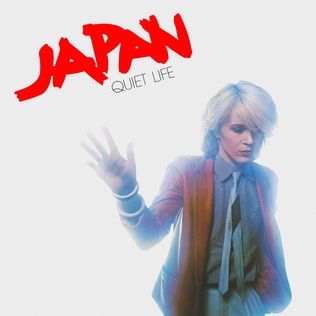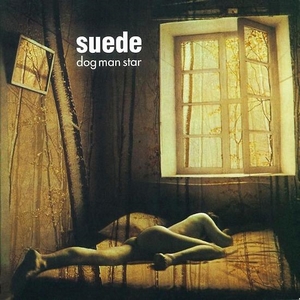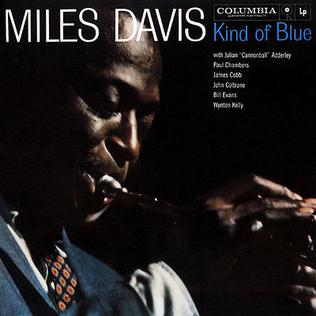Zack: I’ve been spending some time each morning
teaching myself a different statistical software language than the one I have
typically used. It is a continuously frustrating process. I have spent 5-10
minutes starting at lines of code, trying to figure out why they won’t work,
with error messages talking about misplaced parentheses, only to find out that
the sole problem was a missing comma. I could be using that time to listen to
albums, but I’ve been worried that I need to pay a little too much attention to
what I’m doing (I tried putting on the TV while I work and I either would pay 0
attention to whatever was on or I would pay too much attention and get nothing
done) and that my frustration would unfairly bleed over to my impression of the
music. But when I saw that the next album was some '80s new wave bullshit, I
figured it was probably safe to give it a shot. The music typically doesn’t
require too much attention, since it’s mostly dumb, and a lot of this genre is
so cloyingly upbeat that maybe it would dull my simmering frustration. Quiet Life
didn’t really do much on the latter point, but it did hit that sweet spot of
attention that I frequently praise albums for accomplishing. It was there in
the background, but it was subtle. Just what I needed for that particular task.
I didn’t really like the album, but at least it didn’t get in the way.
Favorite Tracks: Despair; Alien; Quiet Life
Emily: I 100% picked this album because the band is called Japan, and I thought I'd get to talk about some Japanese influences and tie in my vacation to Tokyo from earlier this year. Alas, those ideas went out the window as soon as I started listening to the album. Turns out the band called itself Japan as a place filler before their first show, and they never got around to changing it. So there's really nothing Japanese about Japan. I did like their take on new wave/synth-pop, though. It's not quite as shiny and bouncy as many of their contemporaries, which works to their benefit. Quiet Life is more contemplative than your average new wave album, making it a pleasant companion for my late-afternoon internet browsing but not necessarily something I would return to again.
Favorite Tracks: Fall in Love with Me; Alien; Quiet Life



